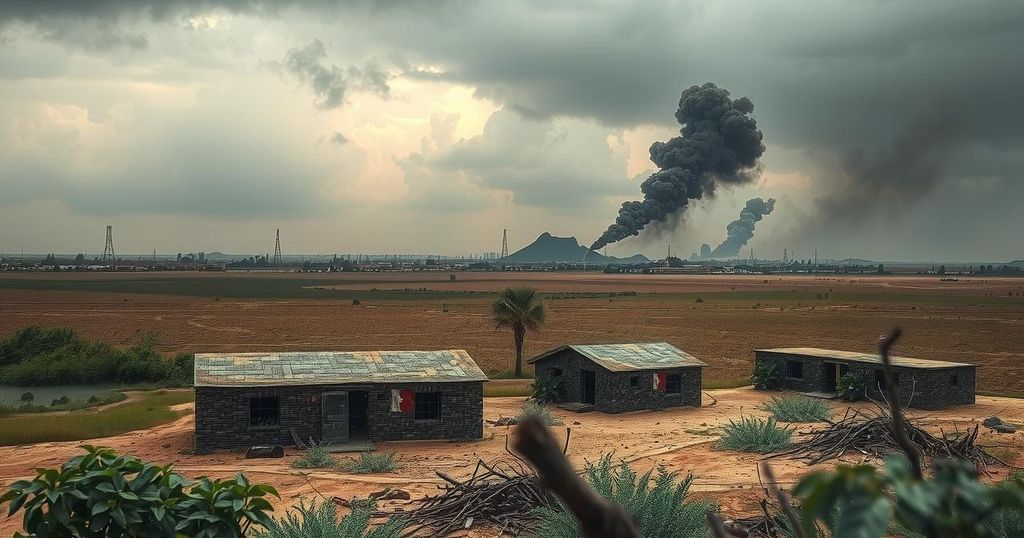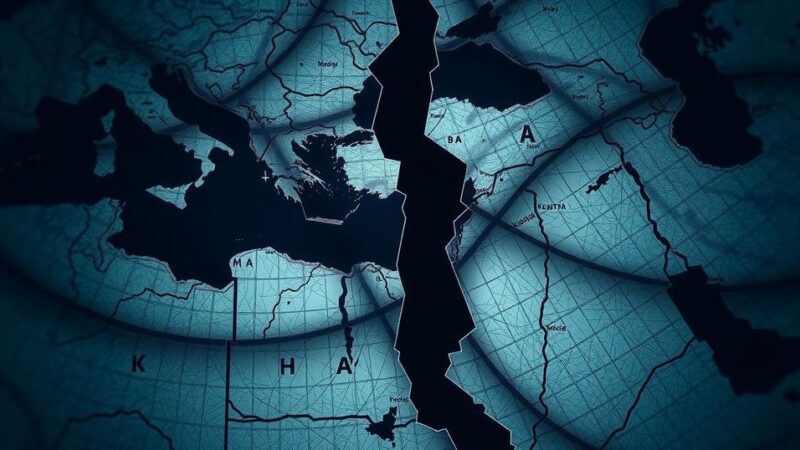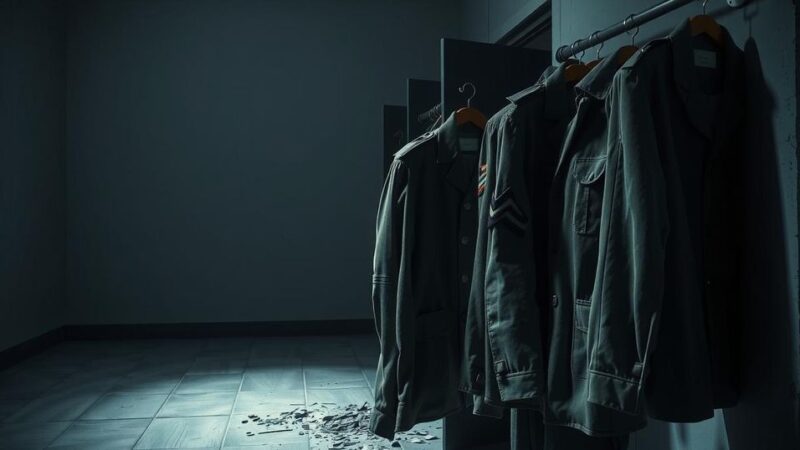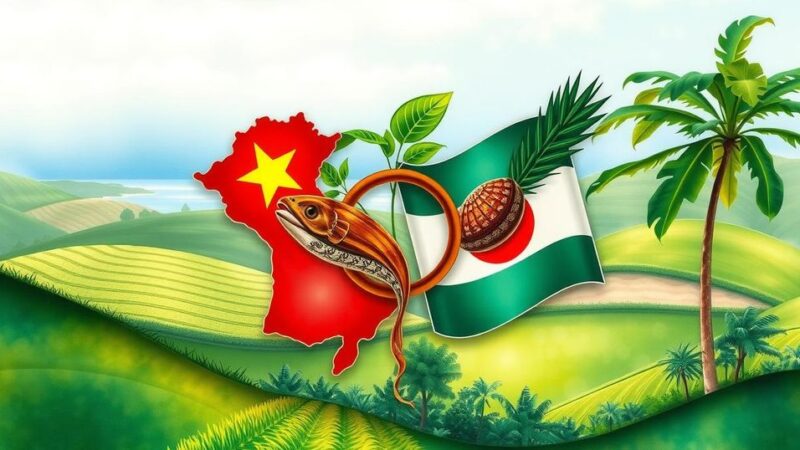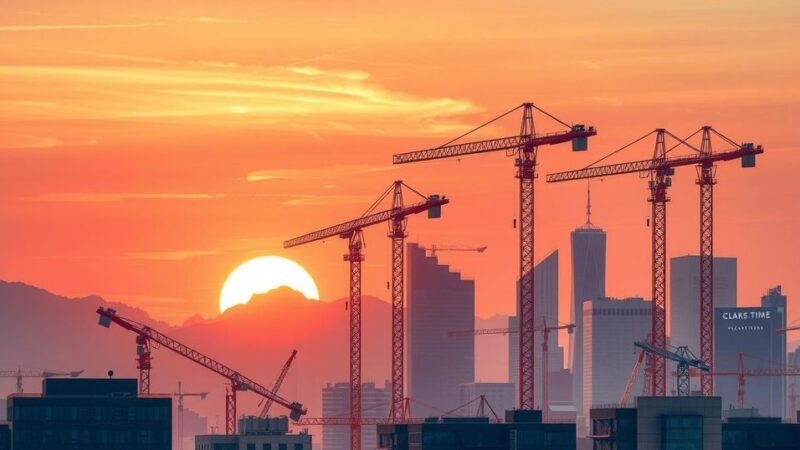The deteriorating security situation in South Sudan, driven by political tensions between the SPLM and SPLM-IO, threatens a return to civil war. A youth militia’s takeover, aerial bombardments, and clashes in Juba have exacerbated an already fragile peace. The UN and international partners are advocating for peace and the revival of the Revitalized Peace Agreement as humanitarian crises escalate.
The security situation in South Sudan has significantly worsened, primarily due to escalating tensions between the two main political factions, the Sudan People’s Liberation Movement (SPLM) led by President Salva Kiir Mayardit, and the Sudan People’s Liberation Movement in Opposition (SPLM-IO), helmed by First Vice President Riek Machar. This instability threatens to plunge the fragile nation back into civil war.
On March 4, the White Army, a youth militia, seized control of barracks previously held by the South Sudan People’s Defense Forces (SSPDF). In response, civilian areas in the Upper Nile region were subjected to aerial bombardments with incendiary devices, resulting in multiple casualties, severe injuries, and the displacement of an estimated 100,000 individuals.
Concerns regarding the potential escalation of violence in Upper Nile are intensified by reports of further mobilization and recruitment efforts involving the White Army and SSPDF, which includes alleged child enlistment. On March 24, these tensions reached the capital, Juba, where clashes occurred between SSPDF forces and those associated with SPLM-IO, escalating fears that conflict could spread as it did during the civil wars of 2013 and 2016.
The United Nations has expressed that the ongoing violence jeopardizes the 2018 Revitalized Peace Agreement. Politically, numerous SPLM-IO officials have either been removed from their roles or have chosen to go into hiding. Most notably, Riek Machar was reportedly placed under house arrest on March 26.
Nicholas Haysom, head of the UN peacekeeping mission in South Sudan (UNMISS), cautioned that the nation is on the verge of a return to civil war. “The collective message of the region and the international community is…the only way out of the cycle of conflict, and that is to return to the Revitalized Peace Agreement,” he asserted.
The UN, in collaboration with international and regional partners, is actively pursuing diplomatic measures to avert imminent warfare. Entities such as the African Union and the Intergovernmental Authority on Development are working diligently to preserve the gains achieved since the peace agreement. However, the success of these initiatives is contingent upon the willingness of the involved parties to engage in peace efforts.
UN Secretary-General emphasized the necessity for South Sudan’s leadership to prioritize peace, stating, “Put down the weapons… Put all the people of South Sudan first.” South Sudan achieved independence from Sudan in 2011, but the resulting political tensions led to civil war within two years, characterized by ethnic violence and a humanitarian crisis.
The peace agreement established in 2018 sparked renewed hope; however, its implementation has stalled. As of this year, the country faces a dire humanitarian situation affecting over nine million individuals—approximately 75% of the population—amid escalating crises brought on by economic turmoil, a recent influx of returnees, and health crises such as cholera outbreaks. The United Nations Mission in South Sudan (UNMISS) was established to foster peace and security, focusing on preventing a return to civil war and supporting governance and democratic processes.
In conclusion, South Sudan faces a precarious situation marked by escalating tensions and potential for renewed conflict. The involvement of the international community and regional organizations is crucial to maintaining the fragile peace established by the Revitalized Peace Agreement. Urgent diplomatic efforts are necessary to prevent further humanitarian crises as millions rely on aid amid increasing instability. The call for unity and prioritization of peace is more critical than ever for the leadership of South Sudan.
Original Source: peacekeeping.un.org
